למען מאה השנים הבאות
הטכניון חתם קפסולת זמן לדורות הבאים, המסכמת את הישגי הטכניון במאה שנותיו הראשונות. הקפסולה תיפתח בשנת 2124 במלאת 200 שנה לטכניון
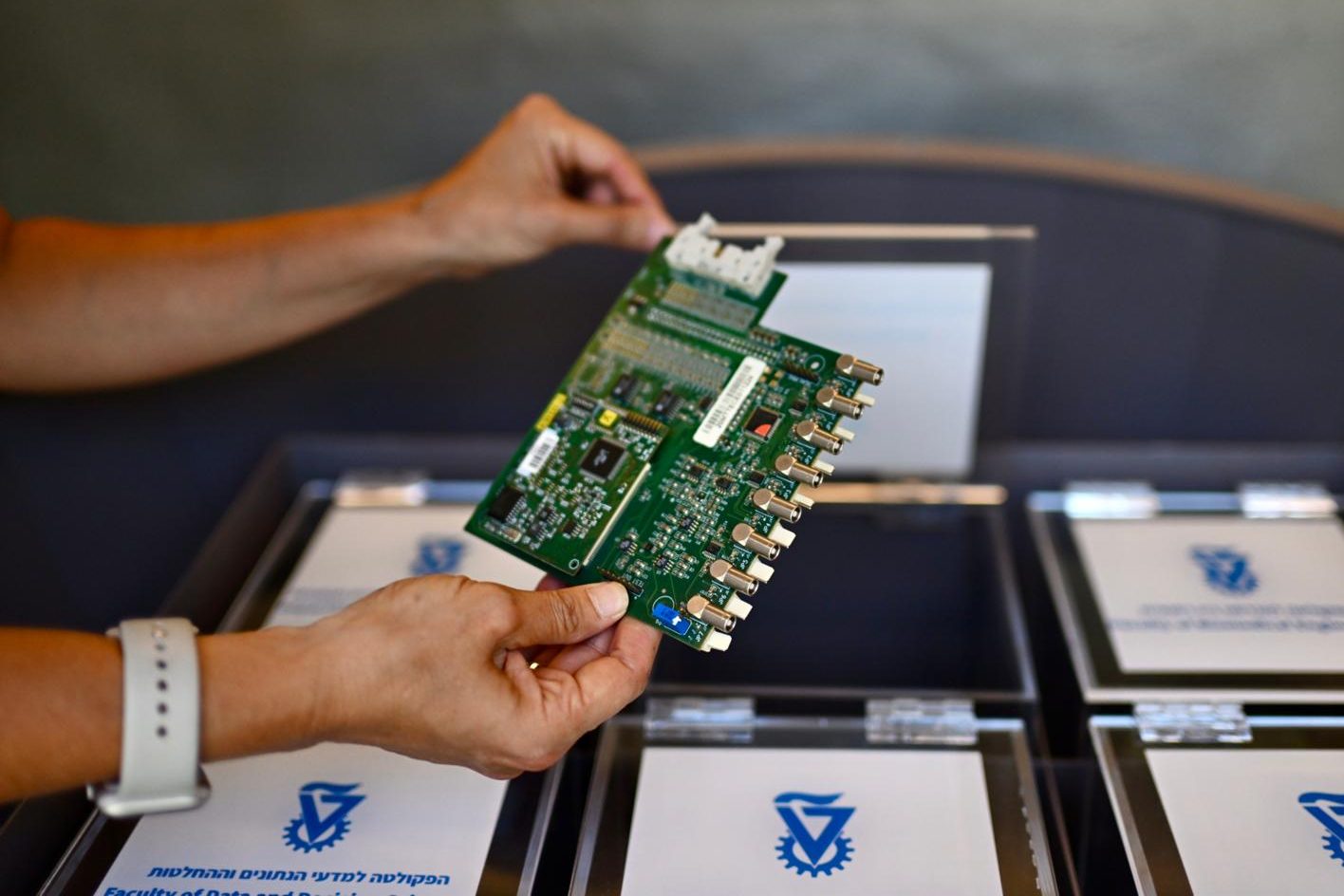
הטכניון חתם קפסולת זמן לדורות הבאים, המסכמת את הישגי הטכניון במאה שנותיו הראשונות. הקפסולה תיפתח בשנת 2124 במלאת 200 שנה לטכניון

חוקרים בטכניון מציגים מבט חדש על הארכיטקטורה של שורשי צמחים. ממצאי המחקר עשויים לשפר יבולים חקלאיים בעידן של שינויי אקלים
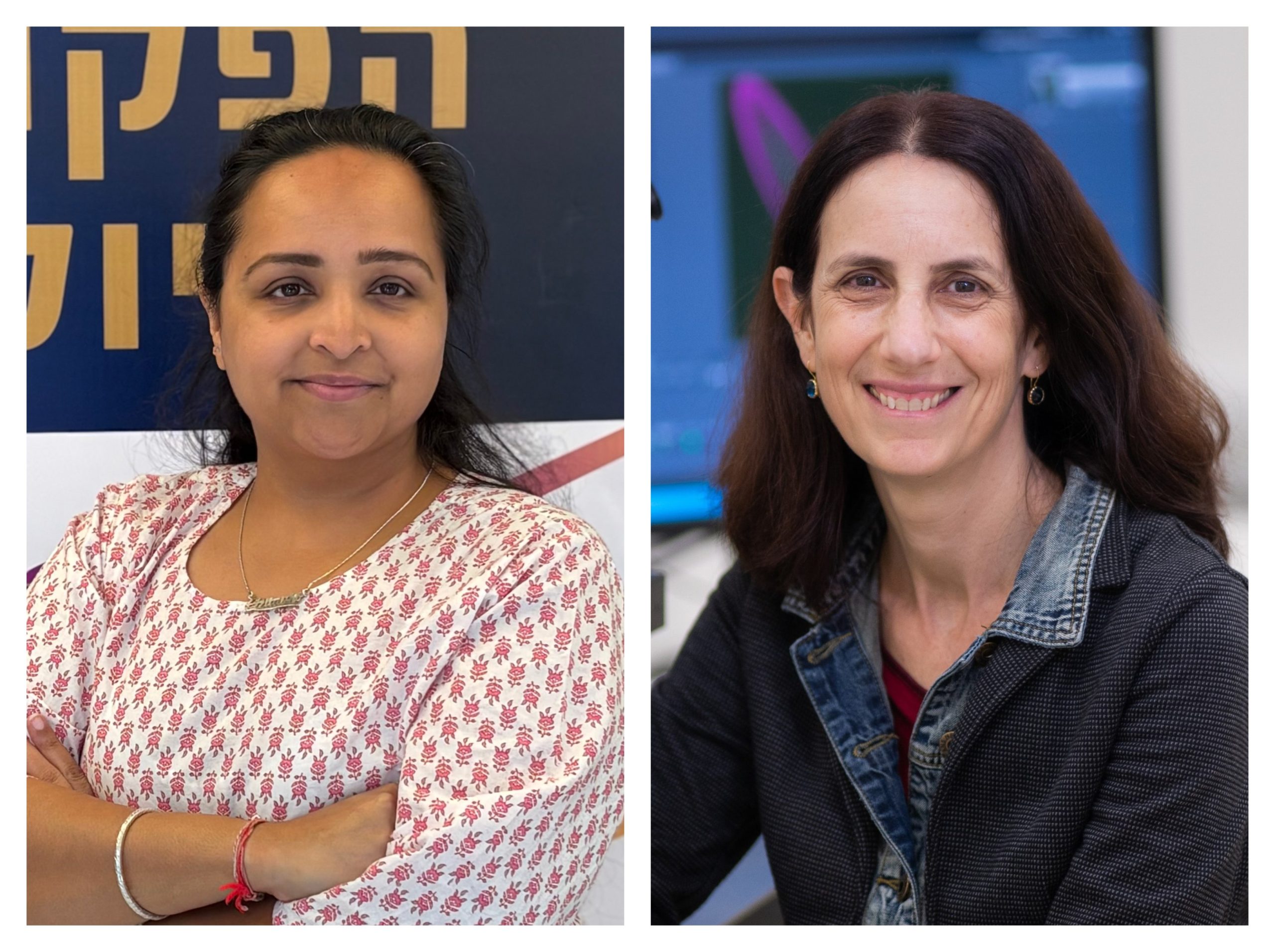
מרכז קרסו ומרכז הכט יקדמו חדשנות, מחקר ושיתוף פעולה עם התעשייה בייצור מזון ובביוטכנולוגיה
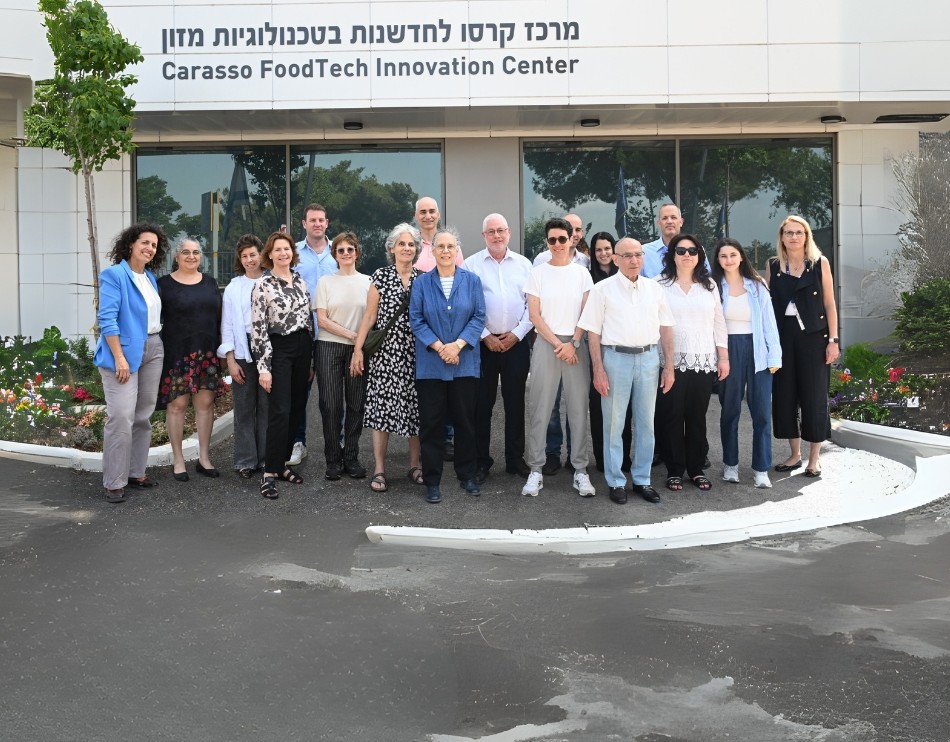
סטודנטים מהטכניון מעניקים שיעורי זום חינם למאות תלמידי תיכון שפונו מביתם
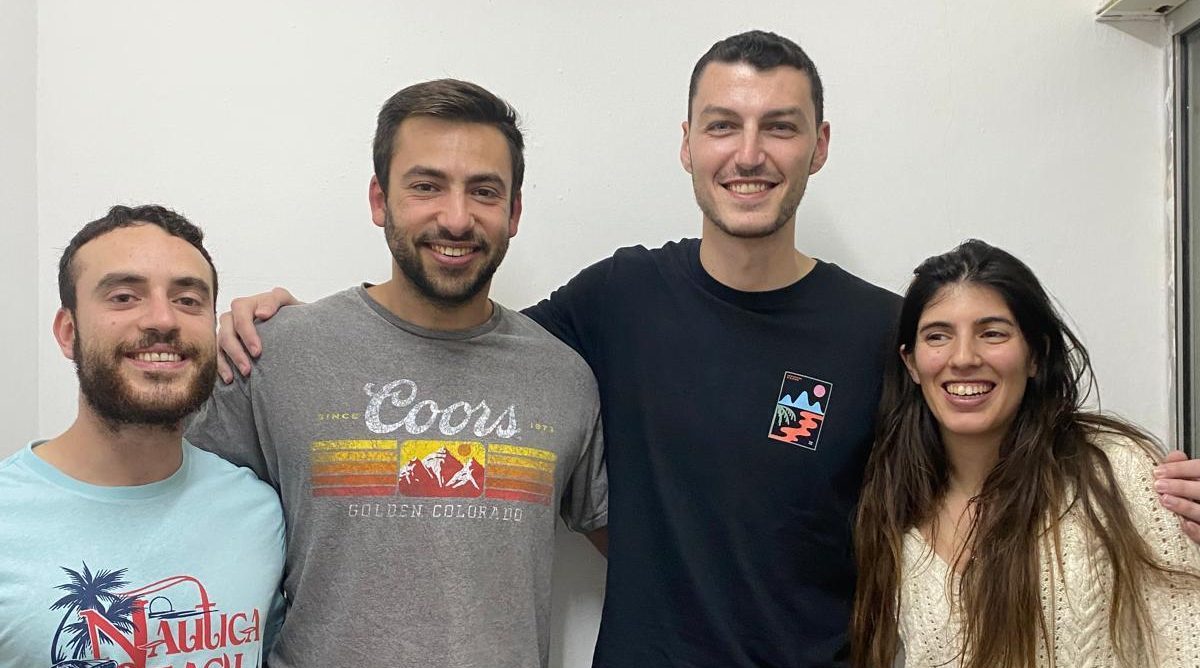

תערוכת "מראות מקום"
01.06.2025 ראשון, בשעה 09:00
הוספה ליומן

מוסיקה, מדע והשראה | עונה 3 מפגש 4
09.07.2025 רביעי, בשעה 12:30
הוספה ליומן

יום פתוח ב-ZOOM לפקולטה למדעי המחשב
17.07.2025 חמישי, בשעה 18:00
הוספה ליומן
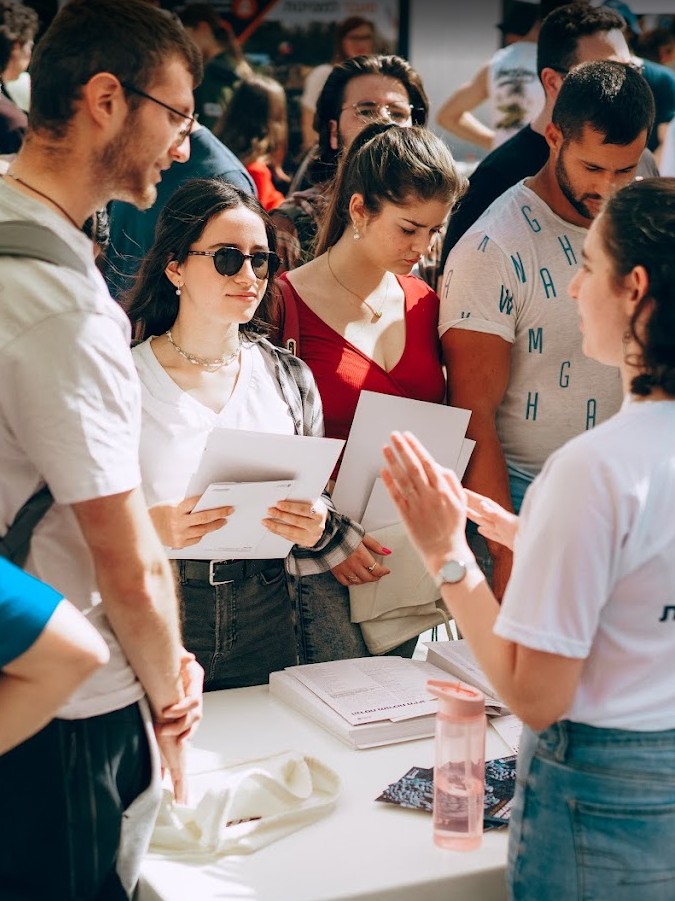
יום פתוח לפקולטות המדעיות בטכניון
06.08.2025 רביעי, בשעה 09:30
הוספה ליומן
100000
בוגרים
18
פקולטות
15000
סטודנטים
60
מרכזי מחקר
ברחבי הקמפוס